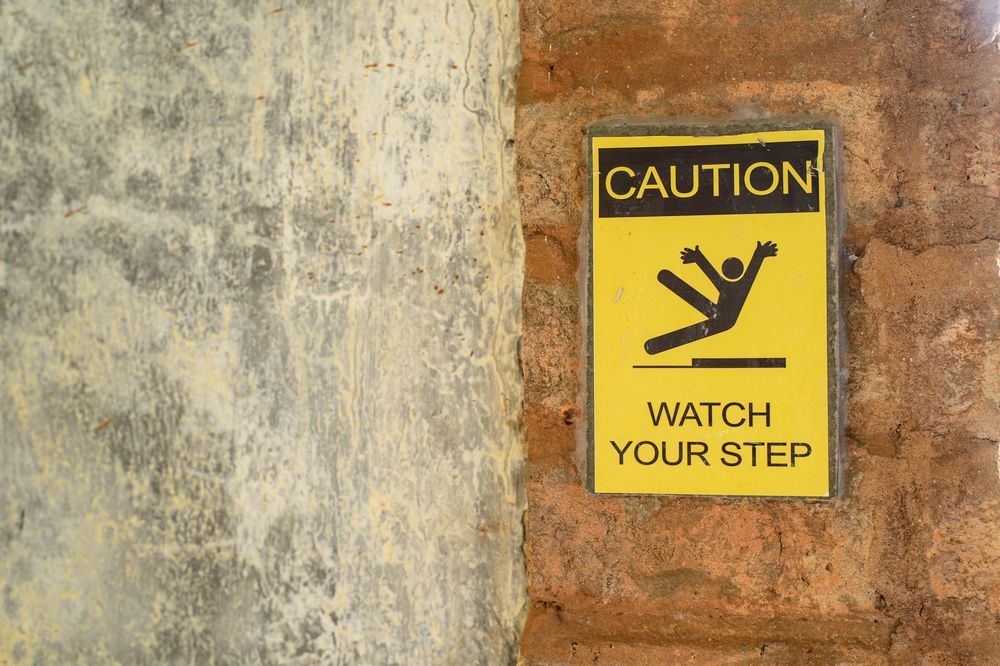Legal Rights for Families of Injured Newborns
The miracle of childbirth can take an unexpected turn when a newborn suffers an injury. For families facing this difficult reality, understanding their legal rights and options is crucial in navigating the emotional and financial challenges that come with caring for an injured child. This article explores the legal landscape for families of injured newborns, focusing on personal injury, medical malpractice, and seeking compensation for their losses.
If your little one has experienced mistreatment at the hospital where they’re supposed to be safe, reach out to us and we’ll help you get the justice your loved one deserves.
The Devastating Impact of Birth Injuries
Birth injuries encompass a wide range of physical and neurological impairments sustained by newborns during the birthing process. These injuries can stem from various factors, including:
Oxygen deprivation: This can occur during labor and delivery, leading to conditions like hypoxic-ischemic encephalopathy (HIE) and cerebral palsy.
Forceps or vacuum extraction: These instruments, while sometimes necessary, can cause injuries such as brachial plexus palsy, affecting nerve function in the arm.
Medication errors: Incorrect drugs or dosages during pregnancy or labor can have severe consequences for the baby.
Untreated maternal infections: Infections like chlamydia or group B strep can pass to the baby and cause health problems.
The impact of these injuries can be life-altering, often resulting in lifelong medical needs, developmental delays, and emotional trauma for both the child and their families.
Understanding Personal Injury and Medical Malpractice
When an injury occurs due to the negligence of a medical professional or healthcare facility, families may have grounds for a personal injury lawsuit. This legal claim requires demonstrating that:
A duty of care existed: The medical professional had a responsibility to provide a certain standard of care.
Breach of duty: This standard of care was violated through actions or omissions.
Causation: The breach of duty directly caused the baby's injury.
Damages: The injury resulted in specific losses, such as medical expenses, therapy costs, and decreased earning potential.
Medical malpractice is a specific type of personal injury claim that applies when a healthcare professional deviates from the accepted standard of care, leading to harm. Proving medical malpractice often requires expert medical testimony to establish the breach of duty and its connection to the injury.
Seeking Compensation for Loss
If a lawsuit is successful, families can be awarded compensation for various losses, including:
Medical expenses: Past and future costs associated with the child's medical care, therapy, and equipment.
Lost wages: Compensation for income lost by parents due to caring for their child's needs.
Pain and suffering: Compensation for the physical and emotional pain endured by the child and their family.
Loss of enjoyment of life: Compensation for the limitations on daily activities and experiences caused by the injury.
While no amount of money can erase the impact of an injury, this compensation can offer financial stability and alleviate some of the burdens faced by families.
Making Informed Decisions: Seeking Legal Guidance
It's crucial to understand that pursuing legal action is a complex process with specific legal requirements and time limitations. Consulting with an experienced personal injury attorney specializing in birth injuries is essential. We help assess the case, evaluate potential legal options, and guide families through the legal process with compassion and expertise. Reach out to us for a consultation and we’ll see how we can
Navigating the legal landscape after a birth injury can be daunting, but understanding your rights and seeking legal guidance can empower families to pursue justice and ensure the best possible future for their injured child. Remember, you are not alone in this journey.











